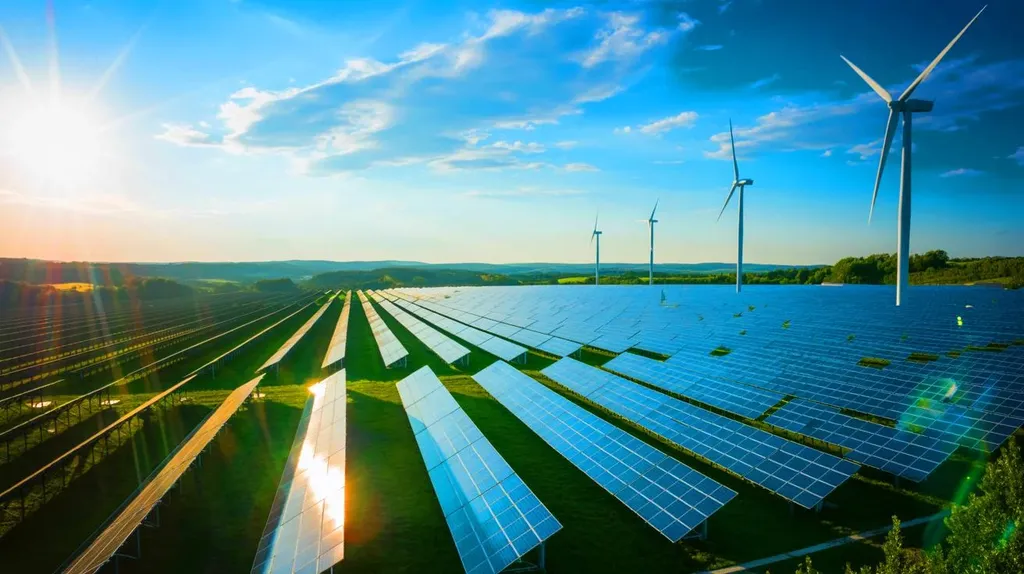In a groundbreaking study published in the journal *Green Technologies and Environmental Sustainability*, researchers have uncovered a dynamic interplay between renewable energy consumption, economic growth, carbon emissions, and innovation in China. The study, led by Vu Ngoc Xuan of the Faculty of Economics at the National Economics University in Vietnam, offers critical insights into how technological innovation and economic policies can drive the transition to renewable energy and reduce carbon emissions.
Using a robust econometric model and time-series data from 2000 to 2023, the research reveals that economic growth and innovation significantly boost renewable energy consumption. However, carbon dioxide emissions have a negative influence on this transition. This finding supports the Environmental Kuznets Curve (EKC) hypothesis, which suggests that economic development initially leads to increased environmental degradation, but eventually, as economies grow and innovate, they begin to reduce their environmental impact.
“Our findings highlight the crucial role of sustained investment in research and development (R&D) and innovation ecosystems,” said Vu Ngoc Xuan. “These investments are essential for scaling up renewable energy and achieving long-term carbon neutrality in China.”
The study’s use of R&D expenditure as a percentage of GDP to measure innovation sets it apart from previous research, providing a more accurate proxy for technological advancement. This approach underscores the importance of innovation in driving the energy transition, offering valuable insights for policymakers and industry leaders.
For the energy sector, the implications are profound. As China continues to invest in renewable energy and innovation, the study suggests that these efforts will not only boost economic growth but also reduce carbon emissions. This dual benefit could attract significant investment in renewable energy technologies, creating new commercial opportunities and driving technological advancements.
The research also supports the Energy Transition Theory, which posits that economies can shift from fossil fuels to renewable energy sources through technological innovation and policy interventions. This transition is not only environmentally beneficial but also economically viable, as it can lead to long-term cost savings and new economic opportunities.
As the world grapples with the challenges of climate change and the need for sustainable energy solutions, this study provides a roadmap for achieving these goals. By investing in innovation and renewable energy, countries can achieve economic growth while reducing their environmental impact.
In the words of Vu Ngoc Xuan, “The future of renewable energy lies in our ability to innovate and adapt. This study offers a glimpse into how we can achieve a sustainable and prosperous future for all.”

